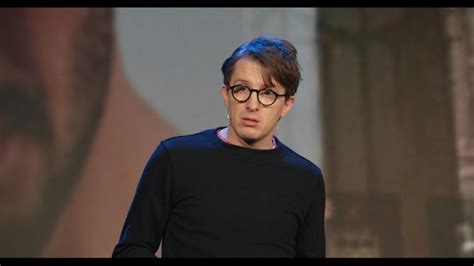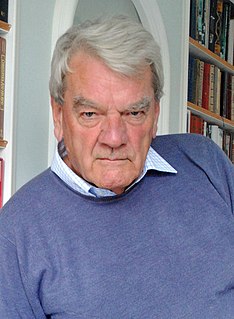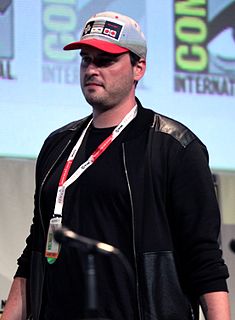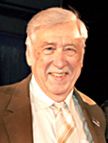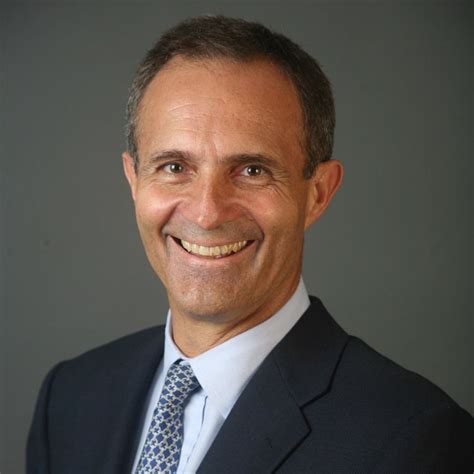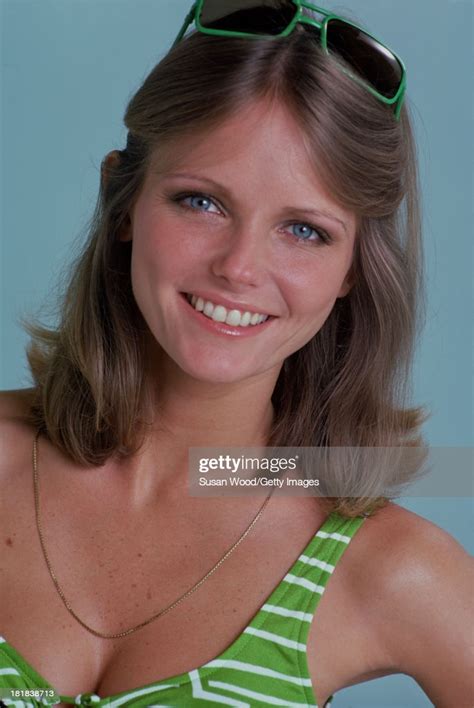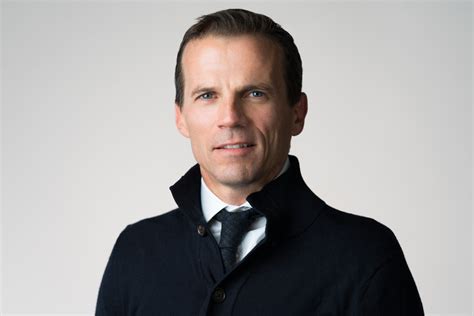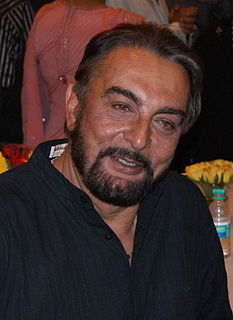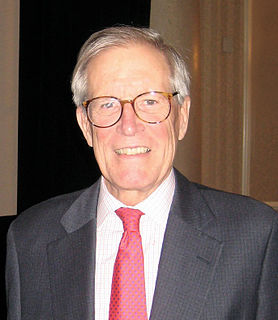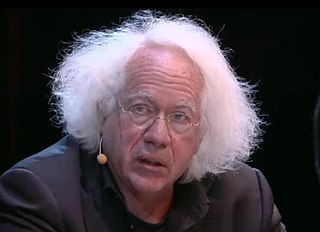Top 1200 Information Age Quotes & Sayings - Page 3
Explore popular Information Age quotes.
Last updated on April 20, 2025.
I am saddened by the release by a national media outlet of my opponent's involvement in pornography. I strongly condemn the release of this information. Our campaign was aware of this information several months ago, and made a very determined decision to not use or disperse this information in any way, shape,or form.
Although it is easier to find information these days, it is easier than ever before to find misinformation, pseudo-facts, unsupported and fringe opinions, and the like. Children should be taught at an early age what constitutes evidence, how to detect biases or distortions in newspaper accounts, and that there exist hierarchies of information sources. In the medical field, for example, a controlled experiment published in a peer-reviewed journal is a better source than a blog by the Ginseng Growers Association, promoting the health benefits of their own product.
If you share information widely, but you present that information in ways that fits your own view, you're actually still misrepresenting. So instead what you should do is figure out ways to build systems that allow people to experience and classify their information in ways that are meaningful for them.
You know, entropy is associated thermodynamically, in systems involving heat, with disorder. And in an analogous way, information is associated with disorder, which seems paradoxical. But when you think about it, a bit of information is a surprise. If you already knew what the message contained, there would be no new information in it.
If the soul is impartial in receiving information, it devotes to that information the share of critical investigation the information deserves, and its truth or untruth thus becomes clear. However, if the soul is infected with partisanship for a particular opinion or sect, it accepts without a moment's hesitation the information that is agreeable to it. Prejudice and partisanship obscure the critical faculty and preclude critical investigation. The results is that falsehoods are accepted and transmitted.
You have this certain about of responsibility to play a fictitious character and you have a script that's guiding you and the other information of the custom department's choices, and the set department, "Where are you," and all those other pieces of information but you have to cull from your imagination the answer to all the unasked questions. And with a real person, there's someone to get that information from, perhaps.
Groups are only smart when there is a balance between the information that everyone in the group shares and the information that each of the members of the group holds privately. It's the combination of all those pieces of independent information, some of them right, some of the wrong, that keeps the group wise.
Some of my pictures are poem-like in the sense that they are very condensed, haiku-lik. There are others that, if they were poetry, would be more like Ezra Pound. There is a lot of information in most of my pictures, but not the kind of information you see in documentary photography. There is emotional information in my photographs.
I would like to see transparency become the default for the American government: Abolish the Freedom of Information Act so we don't have to ask government for information but government must ask to keep information from us. The more transparent government is, the more collaborative it can become. The more our officials learn to trust us - with information and a role in government - the more we can trust them.
In the case of health information, I spent twenty-five years practicing medicine, and I was all too familiar with the fact that information wasn't properly shared, so I wouldn't know exactly what was in the hospital records; patients would be lost. Computerization gives the opportunity to actually get the information much better.
A meme (rhymes with dream) is a unit of information (a catchphrase, a concept, a tune, a notion of fashion, philosophy or politics) that leaps from brain to brain. Memes compete with one another for replication, and are passed down through a population much the same way genes pass through a species. Potent memes can change minds, alter behavior, catalyze collective mindshifts and transform cultures. Which is why meme warfare has become the geopolitical battle of our information age. Whoever has the memes has the power.
Washington is a town where there's all kinds of allegations. You've heard much of the allegations. And if people have got solid information, please come forward with it. And that would be people inside the information who are the so-called anonymous sources, or people outside the information - outside the administration.
It is a great thing to be at your age... You are at a very specific time of age ... an age where you can follow all your dreams. But also at an age when you can change-you can change your dreams, you can change paths. When you start something when you're young, you should not decide 'this is it, this is my way and I will go all the way.' You have the age where you can change. You get experience, and maybe dislike it and go another way. Your age is still an age of exploration.
One can think of a secretary actively operating a filing system, of a librarian actively cataloguing books, of a computer actively sorting out information. The mind however does not actively sort out information. The information sorts itself out and organises itself into patterns. The mind is passive. The mind only provides an opportunity for the information to behave in this way. The mind provides a special environment in which information can become self-organising. This special environment is a memory surface with special characteristics.
Only a very small number of the e-mails containing classified information bore markings indicating the presence of classified information. But even if information is not marked 'classified' in an e-mail, participants who know or should know that the subject matter is classified are still obligated to protect it.
The most important feature of an information economy, in which information is defined as surprise, is the overthrow, not the attainment, of equilibrium. The science that we have come to know as information theory establishes the supremacy of the entrepreneur because it appreciates the powerful connection between destruction and what Schumpeter described as "creative destruction," between chaos and creativity.
The truth is that even in the information age, information is not enough. if all we needed were ideas and positive thinking, then we all would have had ponies when we were kids and we would all be living our "dream life" now. Action is what unites every great success. Action is what produces results. Knowledge is only potential power until it comes into the hands of someone who knows how to get himself to take effective action. In fact, the literal definition of the word "power" is "the ability to act."
The Information Age is, first and foremost, an education age, in which education must start at birth and continue throughout a lifetime. Last year, from this podium, I said that education has to be our highest priority. I have something to say to every family listening to us tonight: Your children can go on to college.... Because of the things that have been done, we can make college as universal in the 21st century as high school is today. And, my friends, that will change the face and future of America.
To the future or to the past, to a time when thought is free, when men are different from one another and do not live alone— to a time when truth exists and what is done cannot be undone: From the age of uniformity, from the age of solitude, from the age of Big Brother, from the age of doublethink — greetings!
An acoustic ecologist is a listener who is aware that sound is information. It's information because it's created by events, events produce sound, and that sound has all kinds of data, if you will, that conveys what event occurred, what the materials were, whether it was sudden, slow, loud, in what direction. And because it is information, we can think of it as a message. The acoustic ecologist studies information systems that are both intentional and sometimes wild.
The body itself is an information processor. Memory resides not just in brains but in every cell. No wonder genetics bloomed along with information theory. DNA is the quintessential information molecule, the most advanced message processor at the cellular level - an alphabet and a code, 6 billion bits to form a human being.
There is a connection, hard to explain logically but easy to feel, between achievement in public life and progress in the arts. The age of Pericles was also the age of Phidias. The age of Lorenzo de Medici was also the age of Leonardo da Vinci. The age of Elizabeth was also the age of Shakespeare. And the New Frontier for which I campaign in public life, can also be a New Frontier for American art.

